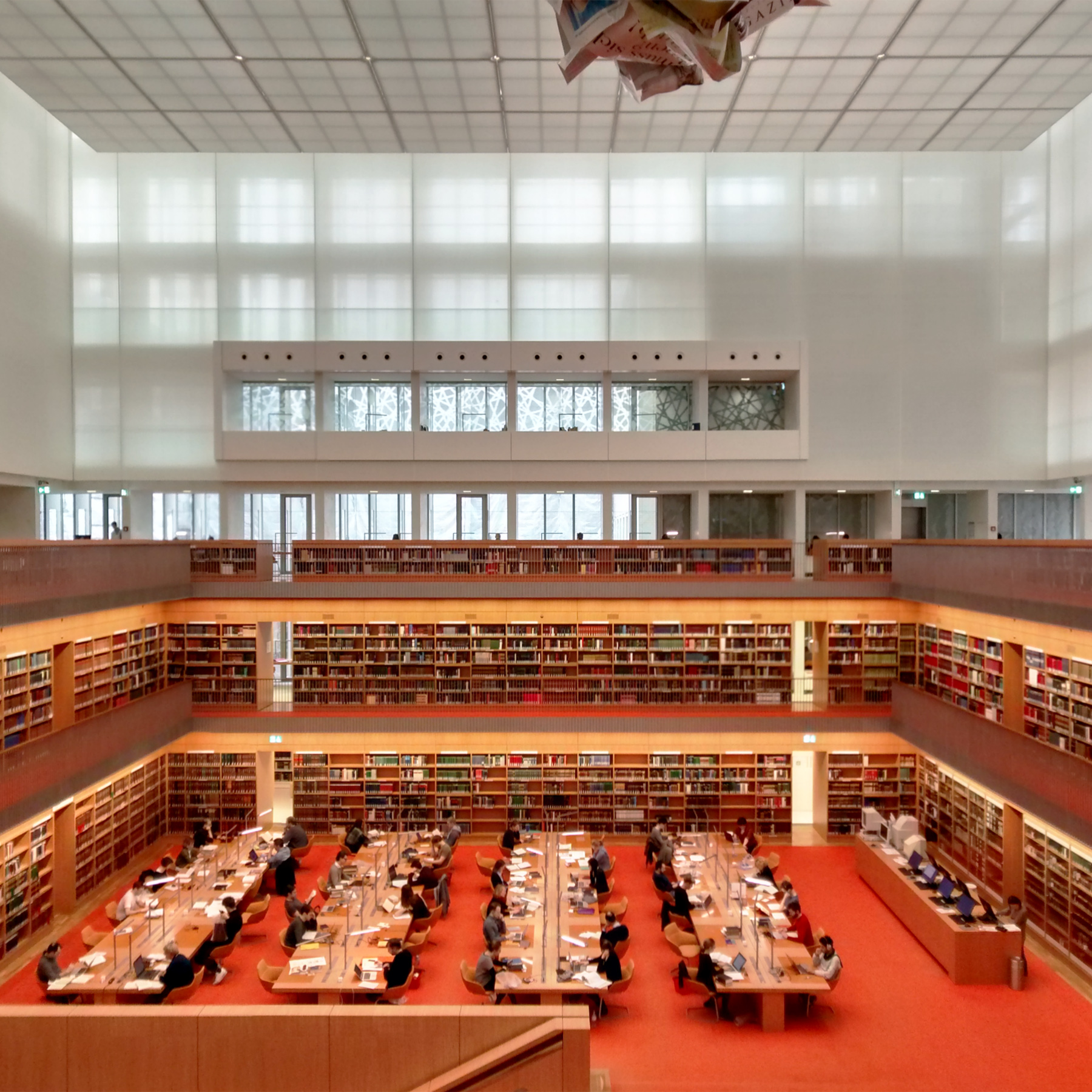|
Max Planck Law
Max Planck Law is a research network connecting nine Max Planck Institutes in Germany engaged in legal research. It is formally classified as a Graduate Center of the Max Planck Society and has over 400 PhD students and postdoc researchers. The Max Planck Society has undertaken research in law since 1924. Starting with just two Max Planck Institutes dedicated to legal research, over time, the number of institutes and departments increased. In 2019, they came together as a network with the establishment of Max Planck Law. The idea of 'complementarity' underpins Max Planck Law. It acknowledges that a wider range of subjects can be covered and that interdisciplinarity and internationality can be more effectively achieved through a network of institutes rather than a single isolated institute. Max Planck Law Perspectives consists of articles by Max Planck Law researchers on topical legal issues are published online regularly; these are archived on a central publication platform estab ... [...More Info...] [...Related Items...] OR: [Wikipedia] [Google] [Baidu] |
Max Planck Society
The Max Planck Society for the Advancement of Science (; abbreviated MPG) is a formally independent non-governmental and non-profit association of German research institutes. Founded in 1911 as the Kaiser Wilhelm Society, it was renamed to the Max Planck Society in 1948 in honor of its former president, theoretical physicist Max Planck. The society is funded by the federal and state governments of Germany. Mission According to its primary goal, the Max Planck Society supports basic research, fundamental research in the natural science, natural, life science, life and social science, social sciences, the arts and humanities in its 84 (as of January 2024) institutes and research facilities. , the society has a total staff of 24,655 permanent employees, including 6,688 contractually employed scientists, 3,444 doctoral candidates, and 3,203 guest scientists. 44.9% of all employees are female and 57.2% of the scientists are foreign nationals. The society's budget for 2023 was about � ... [...More Info...] [...Related Items...] OR: [Wikipedia] [Google] [Baidu] |
German Research Foundation
The German Research Foundation ( ; DFG ) is a German research funding organization, which functions as a self-governing institution for the promotion of science and research in the Federal Republic of Germany. In 2019, the DFG had a funding budget of €3.3 billion. Function The DFG supports research in science, engineering, and the humanities through a variety of grant programmes, research prizes, and by funding infrastructure. The self-governed organization is based in Bonn and financed by the German states and the federal government of Germany. the organization consists of approximately 100 research universities and other research institutions. The DFG endows various research prizes, including the Leibniz Prize. The Polish-German science award Copernicus Award, Copernicus is offered jointly with the Foundation for Polish Science. According to a 2017 article in ''The Guardian'', the DFG has announced it will publish its research in online open-access journals. Background ... [...More Info...] [...Related Items...] OR: [Wikipedia] [Google] [Baidu] |
Berlin State Library
The Berlin State Library (; officially abbreviated as ''SBB'', colloquially ''Stabi'') is a universal library in Berlin, Germany, and a property of the German public cultural organization the Prussian Cultural Heritage Foundation (). Founded in 1661, it is among the List of largest libraries, largest libraries in Europe, and one of the most important academic research libraries in the German-speaking world. It collects texts, media and cultural works from all fields across many languages, from all time periods and all countries of the world, and offer them for academic and research purposes. Prominent items in its collection include the oldest biblical illustrations in the fifth-century Quedlinburg Itala fragment, a Gutenberg Bible, the main autograph collection of Johann Wolfgang von Goethe, Goethe, the world's largest collection of Johann Sebastian Bach's and Wolfgang Amadeus Mozart's manuscripts, and the original score of Ludwig van Beethoven's Symphony No. 9 (Beethoven), Sym ... [...More Info...] [...Related Items...] OR: [Wikipedia] [Google] [Baidu] |
Social Science Research Network
The Social Science Research Network (SSRN) is an open access research platform that functions as a repository for sharing early-stage research and the rapid dissemination of scholarly research in the social sciences, humanities, life sciences, and health sciences, among others. Elsevier bought SSRN from Social Science Electronic Publishing Inc. in May 2016. It is not an electronic journal, but rather an electronic library and search engine. History SSRN was founded in 1994 by Michael C. Jensen and Wayne Marr, both financial economists. In January 2013, SSRN was ranked the largest open-access repository in the world by Ranking Web of Repositories (an initiative of the Cybermetrics Lab, a research group belonging to the Spanish National Research Council), measured by number of PDF files, backlinks and Google Scholar results. In May 2016, SSRN was bought from Social Science Electronic Publishing Inc. by Elsevier. On 17 May 2016, the SSRN founder and chairman Michael C. J ... [...More Info...] [...Related Items...] OR: [Wikipedia] [Google] [Baidu] |
Scientific Organisations Based In Germany
Science is a systematic discipline that builds and organises knowledge in the form of testable hypotheses and predictions about the universe. Modern science is typically divided into twoor threemajor branches: the natural sciences, which study the physical world, and the social sciences, which study individuals and societies. While referred to as the formal sciences, the study of logic, mathematics, and theoretical computer science are typically regarded as separate because they rely on deductive reasoning instead of the scientific method as their main methodology. Meanwhile, applied sciences are disciplines that use scientific knowledge for practical purposes, such as engineering and medicine. The history of science spans the majority of the historical record, with the earliest identifiable predecessors to modern science dating to the Bronze Age in Egypt and Mesopotamia (). Their contributions to mathematics, astronomy, and medicine entered and shaped the Greek natural philo ... [...More Info...] [...Related Items...] OR: [Wikipedia] [Google] [Baidu] |


